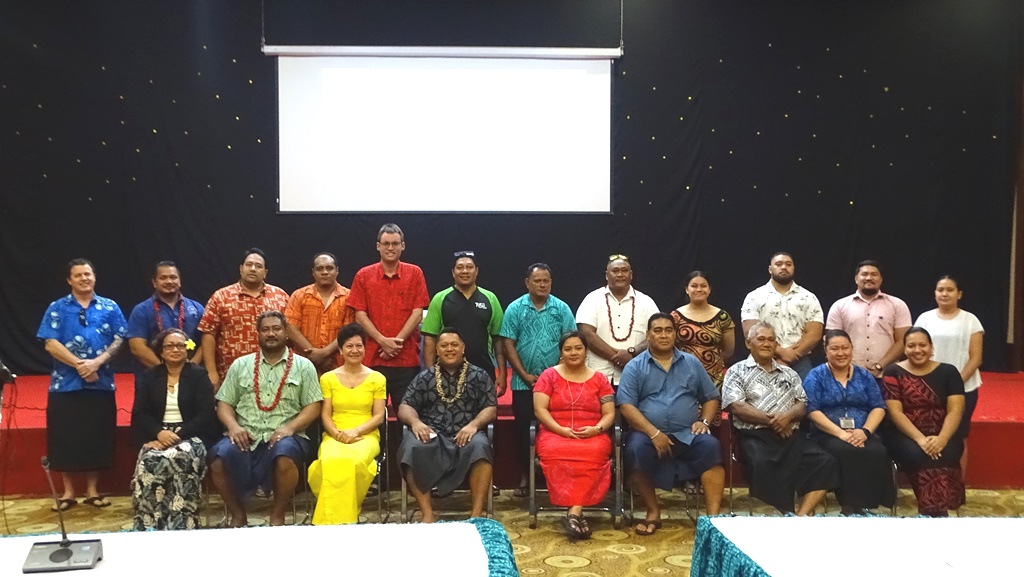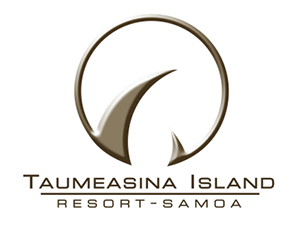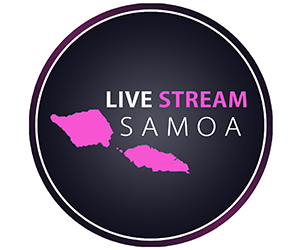Government
Mixed reactions to engaging District Development Committees in RSE Program

By Lagi Keresoma
Apia, Samoa – 06 November 2023: The proposed government policy to involve the District Development Committees in the selection of Samoans workers under the Australia Labour Mobility scheme (PALM) and the New Zealand Regional Seasonal Employee (RSE) has received mixed reactions.
The District Development Committees were established to oversee and coordinate the $1 million District Development Program at the village level.
One of the proposed changes in the policy now under consultation between the Government and the program stakeholders allows a district to select their own contact person to deal directly with the program under a Memorandum of Understanding (MOU) that identifies their roles and responsibilities.
The Government also proposed an annual facilitation fee to be paid by the district development committee as part of cost recovery measures.
Several RSE and Labour Mobility operators told Talamua that although they are happy that a policy is finally drafted, they however have reservations about engaging district committees in the program as they believe it would create more challenges such as nepotism and biases in the selection process.
Roles & responsibilities of District Committees
The proposed changes identify the specific roles and responsibilities of the District Committees in verifying and endorsing applicants based on their honesty and character, no criminal record, healthy with no serious illnesses, and should be between 21-40 years old.
The policy criteria also emphasized prioritizing opportunities on the socio-economic standard of an applicant with emphasis on those who are poor and vulnerable.
The District Committees must also enforce strict measures to manage worker attitudes while deployed and must play a role in resolving the worker-family issues.
Phase 1 consultations
The consultation focuses on the policy set down by Cabinet’s sub-committee based on a review by a Committee that dealt with challenges raised by Samoans under the schemes.
The policy which is in three core sections include:
- Purpose & Intent – Samoa Government’s intentions, concerns, offer and expectations,
- Policy Framework – Policy landscape for Labour Mobility in Samoa, Labour Migration Policy, Samoa 2040, MOU with Australia & New Zealand & operating procedures and
- Operational Intents – Presents the revisions made to the operating procedures incorporating constituency committees in the overall process.
The schemse made headlines last year when several Samoans under the scheme in Australia went public with allegations of mistreatment, underpaid and being treated as slaves by their employers under the programme.
The allegations landed the workers in-front of a special committee of Australia’s Federal Government and an investigation followed.
“The scheme also exposed favouritism and abuse in the selection process as officials mainly under the Ministry of Commerce and Labour in charge of the scheme, were operating their own schemes in collaboration with overseas employers.” This resulted in the officials’ overstepping their authority and disobeying a Cabinet directive to stop all workers leaving Samoa until a review was completed.
Phase one consultation included the first groups of RSE and labour mobility operators from the eastern side of Upolu.
Government expectations
The policy also lists the Samoan government’s expectations from the Governments of Australia and New Zealand.
Such expectations include:
* the security & protection of Samoan workers while deployed;
* enforce their employers to provide safety measures such as full disclosure of contracts & information on wages and deductions, ravel and recruitment costs, housing and pastoral care;
* ensure workers are appropriately compensated;
* return workers without offering them residency opportunities and
* understand that the Government of Samoa intends to impose an annual facilitation fee as part of cost-recovery measures paid by approved employers.
Regulating Private Recruiters
The Government has emphasized the importance of regulating private recruiters that can be done through proposed licensing conditions.
The private recruiter is of good standard within the communities and can hold a valid license for 12 months which can be renewed on a fee.
The decision to grant a license rests on the Ministry of Commerce Industry & Labour.
The consultation is conducted by the ministry of Finance who will deliver awareness sessions through Savaii and Upolu.
The policy is expected to be implemented in July 2024 and will be closely monitored by the Government.















